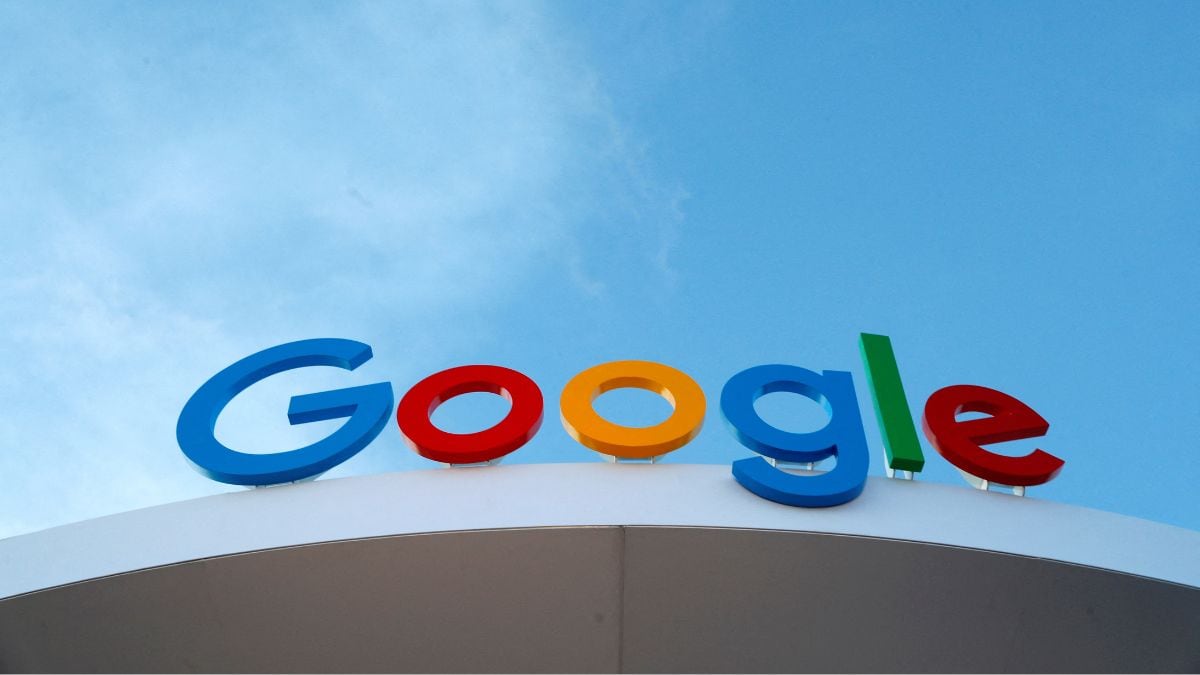Google is working on artificial intelligence software that resembles the human ability to reason, similar to OpenAI’s o1, marking a new front in the rivalry between the tech giant and the fast-growing startup.
In recent months, multiple teams at Alphabet Inc.’s Google have been making progress on AI reasoning software, according to people with knowledge of the matter, who asked not to be identified because the information is private. Such software programs are more adept at solving multistep problems in fields such as math and computer programming.
AI researchers are pursuing reasoning models as they search for the next significant step forward in the technology. Like OpenAI, Google is trying to approximate human reasoning using a technique known as chain-of-thought prompting, according to two of the people. In this technique, which Google pioneered, the software pauses for a matter of seconds before responding to a written prompt while, behind the scenes and invisible to the user, it considers a number of related prompts and then summarises what appears to be the best response.
Google declined to comment on the effort.
Google and OpenAI have been locked in an intense fight for dominance in AI, particularly since the release of OpenAI’s ChatGPT, a popular chatbot that some investors worry will eventually obviate the need for Google search. Google has taken various steps to regain its lead, including merging its premier research labs to form the Google DeepMind unit and fortifying relationships between researchers and product teams. Yet the search giant continues to move more slowly when it comes to releasing AI products, pausing to consider ethical problems, the need to live up to the public’s expectations of trust in its brand, and the competing interests of multiple similar efforts in the vast organisation.
Since OpenAI unveiled its o1 model, known internally as Strawberry, in mid-September, some in DeepMind have fretted that the company had fallen behind, according to another person with knowledge of the matter. But employees are no longer as concerned as they were following the launch of ChatGPT, now that Google has debuted some of its own work, the person said.
Despite the slower pace of Google’s product rollouts, it remains a formidable player, said Oren Etzioni, a veteran AI researcher who founded TrueMedia.org, a nonprofit dedicated to combating political disinformation.
“Technically it’s always been the case that Google’s capabilities were top notch. They were just more conservative in rolling things out,” Etzioni said. “It’s a marathon, and it’s anybody’s race to win.”
In July, Google showcased AlphaProof, which specialises in math reasoning, and AlphaGeometry 2, an updated version of a model focused on geometry that the company debuted earlier this year. The programs aced four of the six problems featured in the International Mathematical Olympiad, an annual competition in which students tackle topics such as algebra and geometry, Google said in a blog post.
At its developer conference in May, Google offered a glimpse of an AI assistant, Astra, which can use a phone’s camera to see the world around it and answer questions, such as telling a user where she had left her glasses. Google said some features of assistant may come to its flagship AI model, Gemini, toward the end of this year.
“Advanced mathematical reasoning is a critical capability for modern AI,” Google DeepMind CEO Demis Hassabis wrote in a post on social network X in July.
© 2024 Bloomberg L.P.
(This story has not been edited by NDTV staff and is auto-generated from a syndicated feed.)
